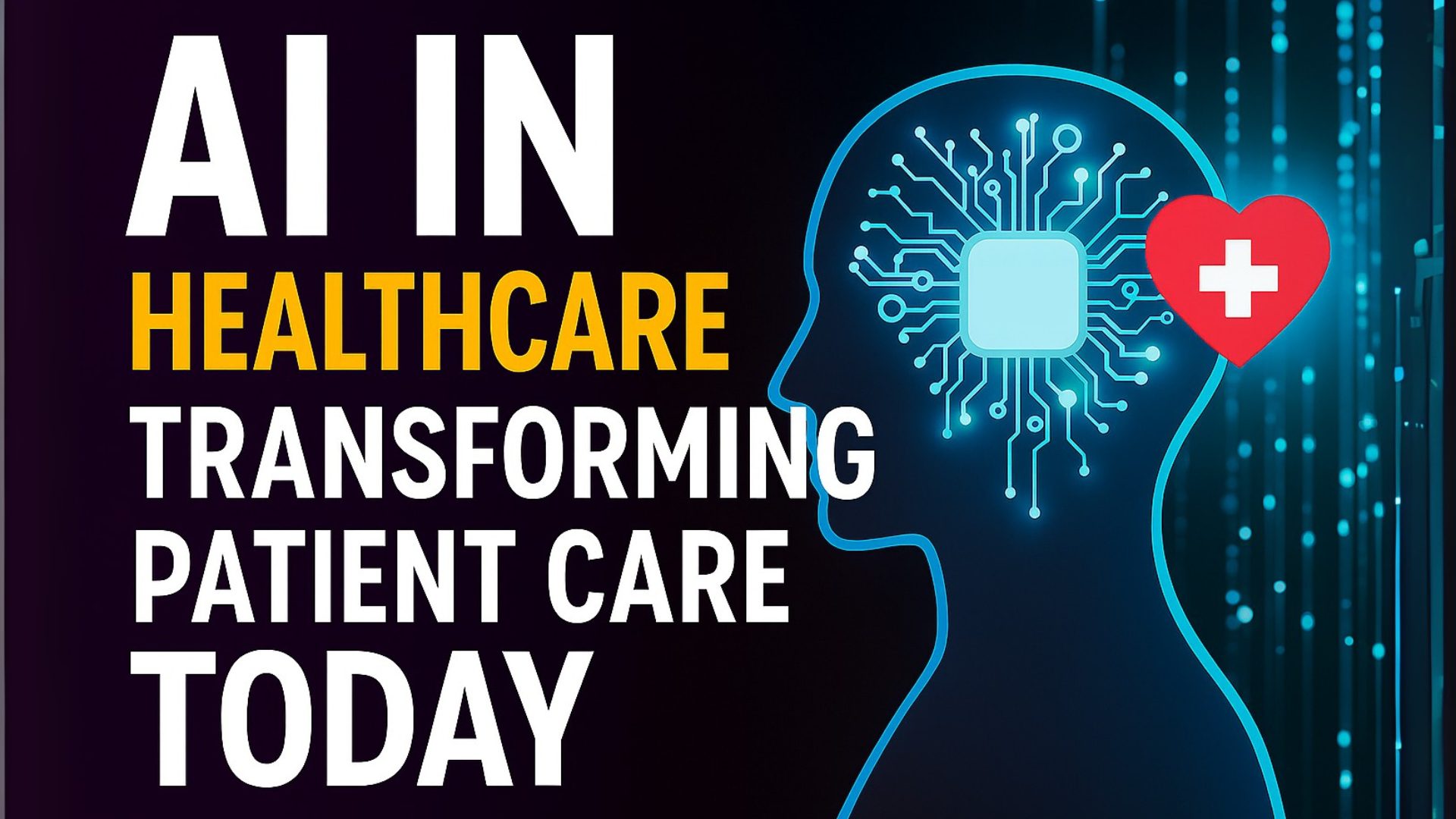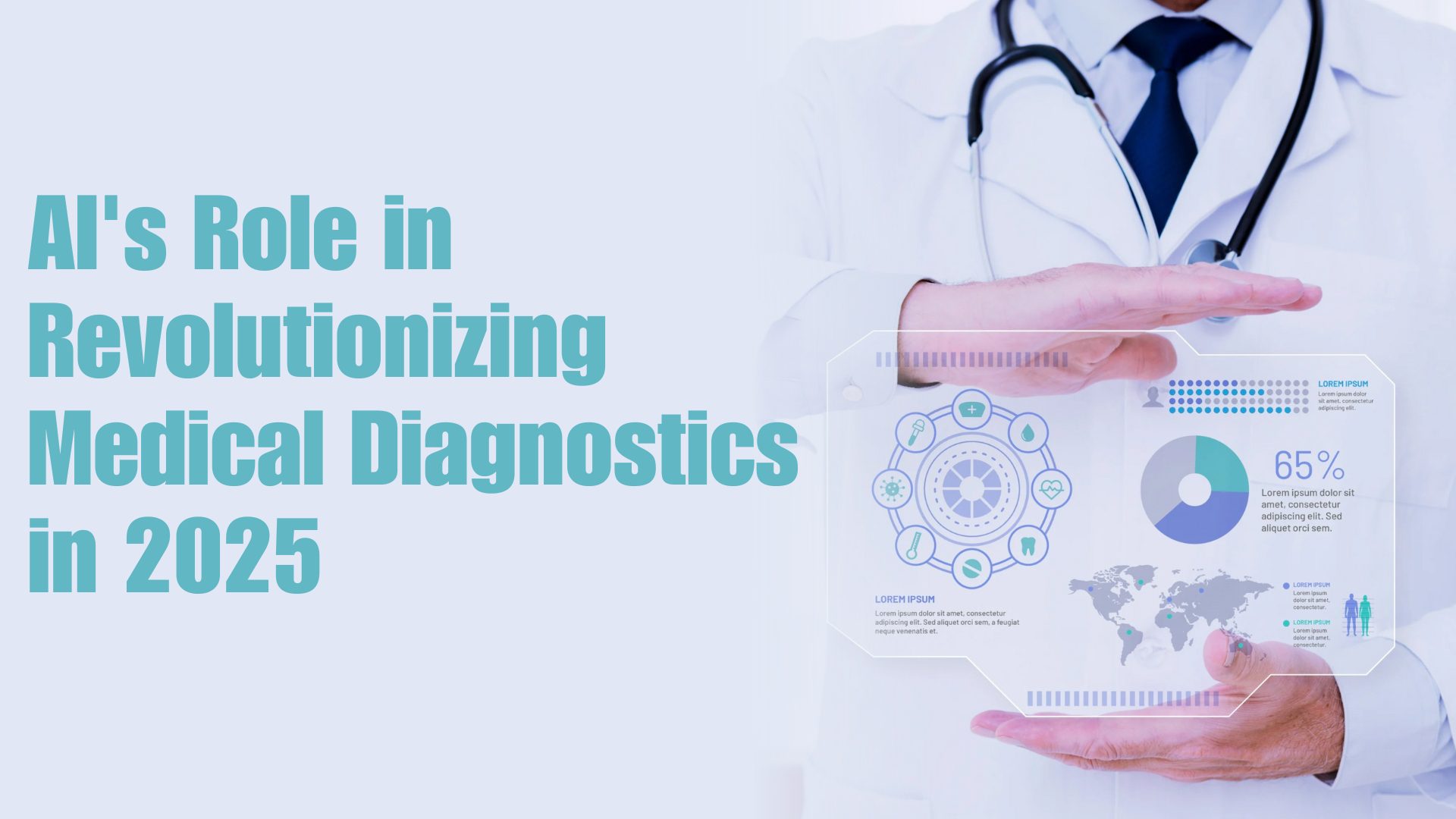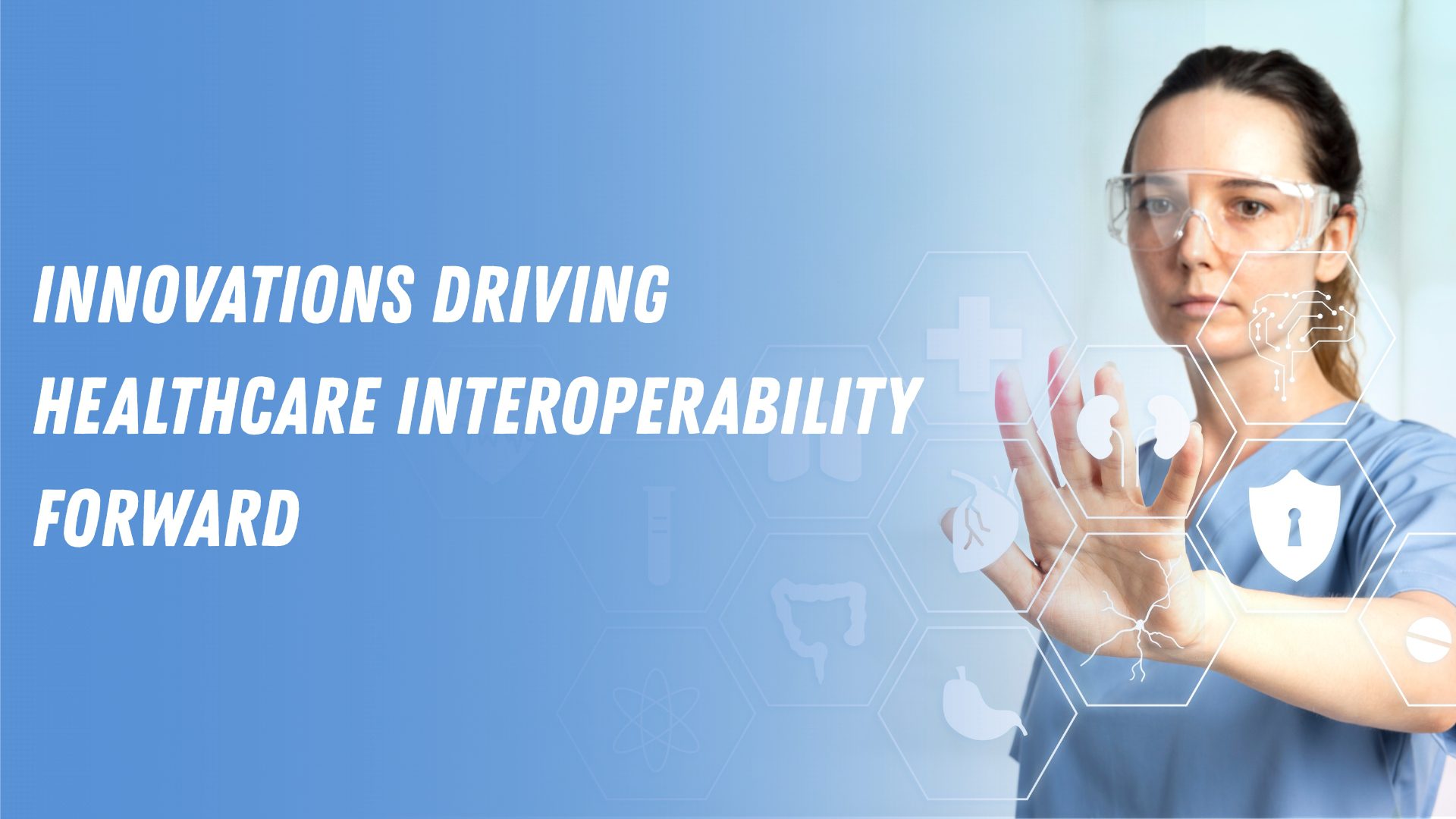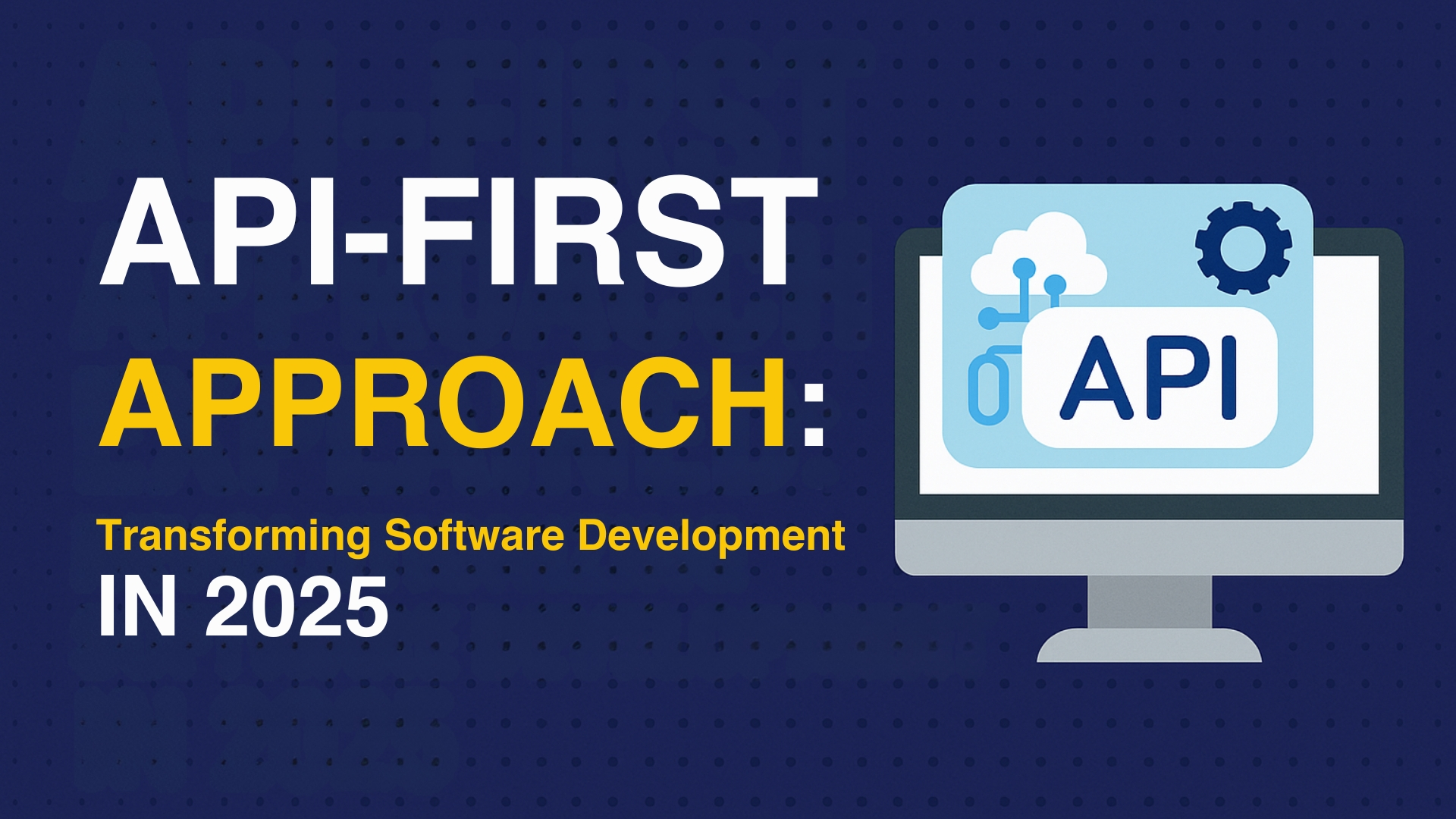Artificial intelligence in medicine is no longer just a concept it is actively reshaping modern healthcare. From early diagnosis to personalized treatments, AI in healthcare is revolutionizing how doctors, nurses, and healthcare systems deliver care.
AI medical technology is improving outcomes, reducing costs, and enhancing efficiency across hospitals and clinics. With support from every healthcare software development company working on digital health innovation, these solutions are being integrated into real-world systems.
Yet, despite its promise, AI also brings challenges such as high costs and privacy concerns. To understand its impact fully, let’s explore the rise, benefits, challenges, and future of AI in patient care.
Why Is AI in Healthcare Growing So Rapidly?
The adoption of AI in healthcare has accelerated due to advances in computing power, big data, and increasing investment in artificial intelligence medicine. Today, healthcare software development companies are embedding AI into diagnostics, patient monitoring, and hospital workflows.
Key drivers behind AI adoption in healthcare include:
- Greater computing power and storage capabilities
- Increased funding for healthcare AI solutions
- Rising demand for faster, more accurate patient care
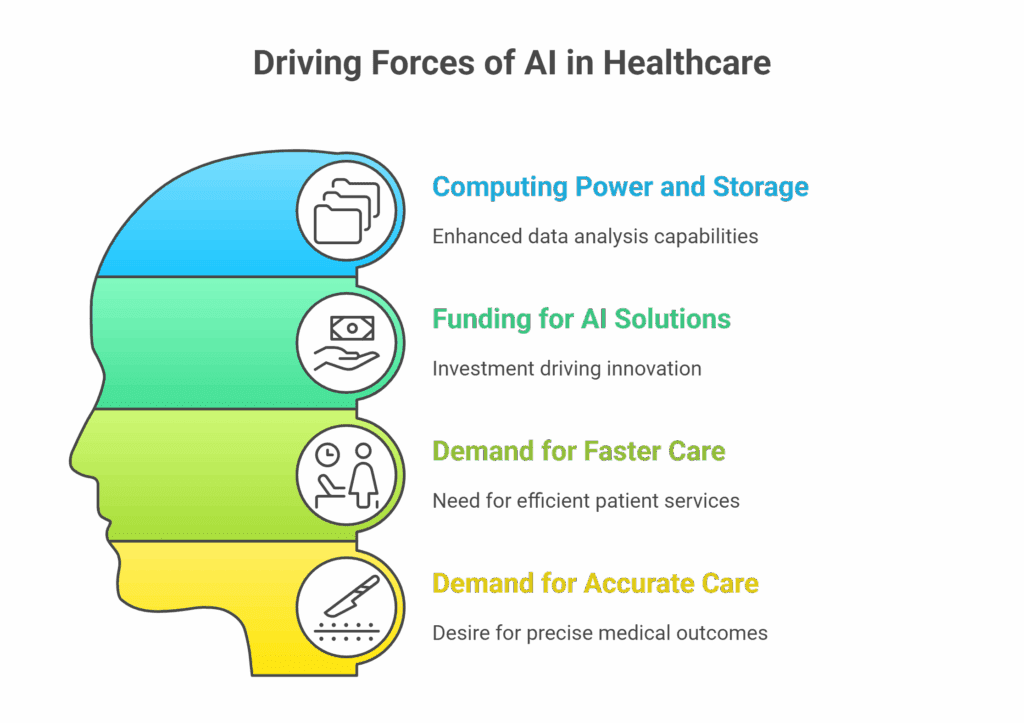
Machine learning allows vast datasets to be analyzed in seconds, spotting health patterns often missed by humans. As these tools become more sophisticated, AI in healthcare is no longer optional it is becoming essential.
What Are the Key Applications of AI Medical Technology?
AI medical technology is already changing how healthcare works. It is being used not only for diagnosing diseases but also for treatment personalization and improving hospital efficiency.
Key applications of AI in medicine include:
- AI-driven diagnostics & imaging analysis – detecting diseases early with higher accuracy
- Personalized medicine – tailoring treatment based on patient-specific data
- Predictive analytics – monitoring patients to prevent complications
- Operational optimization – scheduling, resource allocation, and reducing wait times
These innovations prove that AI healthcare solutions are not just futuristic concepts they are active tools transforming patient care today.
How Custom Software Development Powers AI Healthcare Solutions
Every healthcare organization has unique needs. That’s why custom software development is critical for building effective AI healthcare solutions.
A healthcare software development company creates systems that integrate seamlessly with existing workflows while addressing specific challenges.
Examples of custom AI healthcare solutions include:
- Integration with electronic health record (EHR) systems
- Predictive models to forecast patient outcomes
- Custom dashboards to visualize health data
By tailoring software, hospitals can unlock the full benefits of AI in healthcare without compromising existing operations.
Benefits of AI in Patient Care
AI patient care solutions bring both clinical and operational improvements. They support doctors in making accurate diagnoses while also helping hospitals run more efficiently.
Key benefits of AI in patient care include:
- Improved accuracy – fewer diagnostic errors
- Predictive monitoring – proactive care and reduced emergencies
- Higher engagement – AI-driven tools improve patient communication
- Operational efficiency – reduced costs and optimized resources
Ultimately, artificial intelligence in medicine contributes to faster recovery times, greater patient satisfaction, and improved long-term health outcomes.
What Are the Pros and Cons of AI in Healthcare?
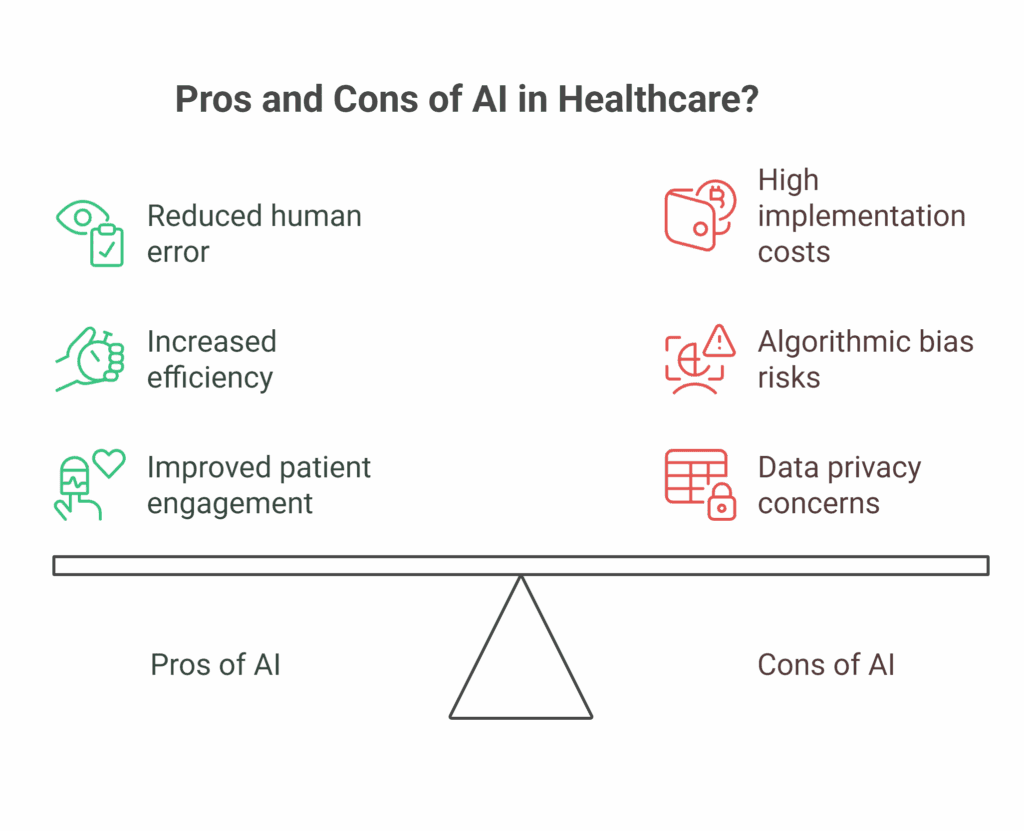
Like any major innovation, AI in healthcare comes with both opportunities and challenges.
Pros of AI in healthcare include:
- Reduced human error through advanced diagnostic tools
- Increased efficiency in both clinical and administrative workflows
- Improved patient engagement and satisfaction
Cons of AI in healthcare include:
- High costs for implementation and ongoing updates
- Risks of algorithmic bias affecting decisions
- Data privacy and cybersecurity concerns
Balancing these pros and cons of AI in healthcare is vital. With proper planning, the benefits can outweigh the limitations, making AI an indispensable part of modern healthcare systems.
Role of Healthcare Software Development Companies in AI Adoption
The successful adoption of AI depends on the expertise of a healthcare software development company. These companies bridge the gap between technology and medicine, ensuring AI systems work smoothly in real-world clinical environments.
Their contributions include:
- Designing intuitive AI-driven applications
- Ensuring compatibility with existing healthcare systems
- Offering long-term support and upgrades
By providing custom software development, these companies make digital health innovation more accessible and reliable for healthcare providers.
The Future of Digital Health Innovation with AI
AI’s future in healthcare goes far beyond diagnostics. Emerging technologies like genomics, biotechnology, and IoT integration are opening doors to highly personalized treatments.
Future trends in AI healthcare solutions include:
- Smarter telemedicine platforms for remote care
- AI-driven genomic testing and treatment design
- IoT-powered devices for real-time monitoring
This shift will drive healthcare from reactive treatment to preventive care, improving both efficiency and patient satisfaction. The future of digital health innovation looks brighter with AI at the center.
Conclusion
Artificial intelligence in medicine is more than a technological shift it is a healthcare revolution. With the support of healthcare software development companies, AI healthcare solutions are reshaping diagnostics, treatment, and patient engagement.
While the pros and cons of AI in healthcare must be carefully weighed, the benefits clearly point toward better efficiency and improved patient outcomes. The future of patient care is not just digital it is AI-powered.
FAQs
What is the biggest advantage of AI in healthcare?
The biggest advantage is improved diagnostic accuracy, which helps detect diseases earlier and supports better treatment outcomes.
What role do healthcare software development companies play in AI adoption?
They design, customize, and integrate AI systems into hospitals and clinics, ensuring smooth adoption of digital health innovation.
What are the main challenges of AI in healthcare?
High implementation costs, data privacy risks, and potential algorithm bias are the most common concerns.
How does AI improve patient care?
AI enhances monitoring, reduces human error, personalizes treatments, and makes healthcare more efficient overall.

